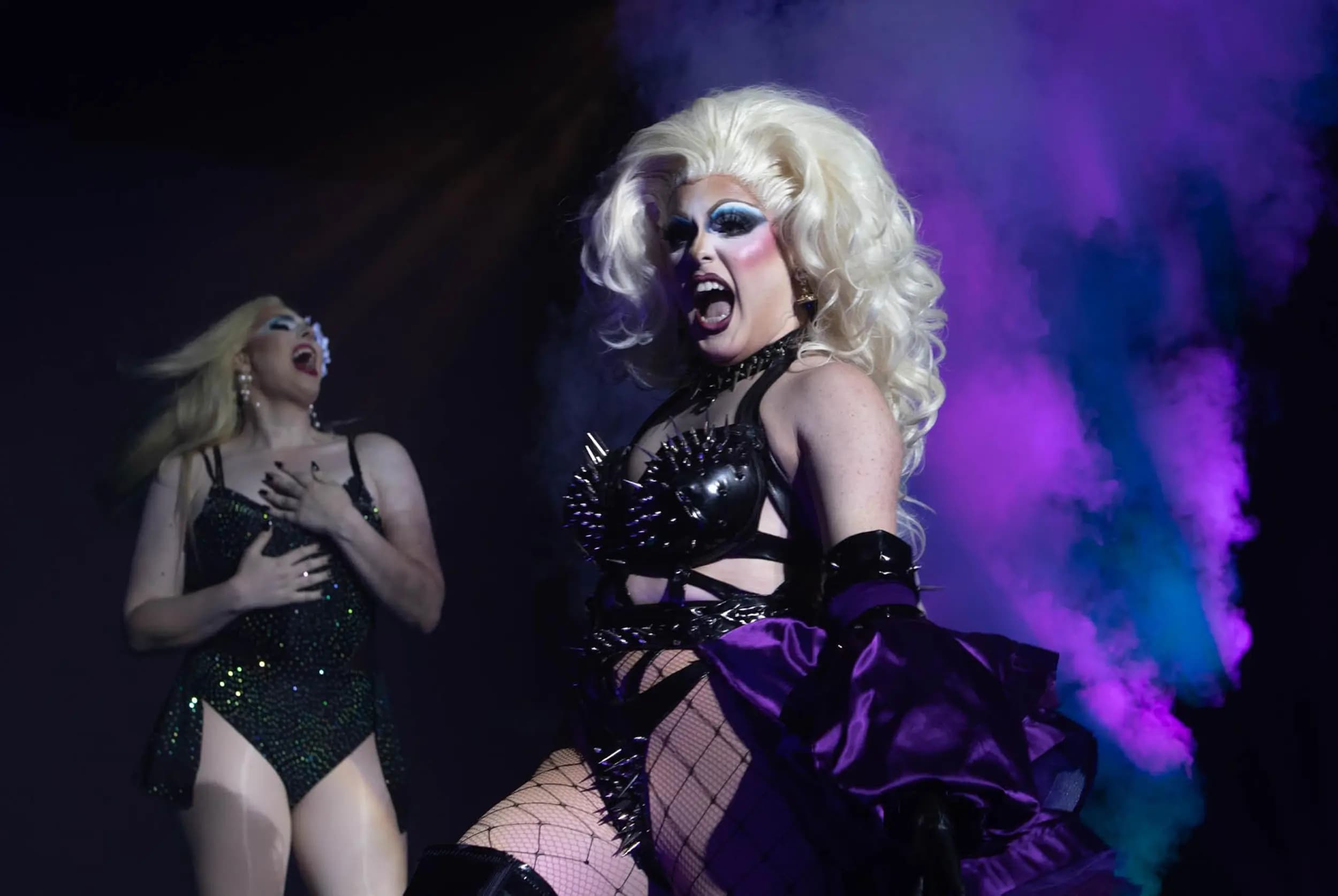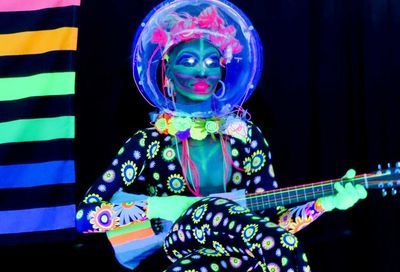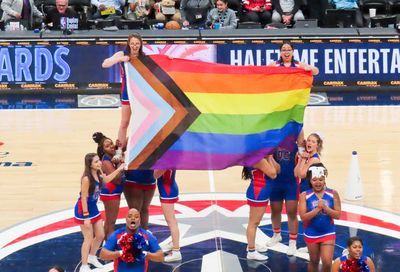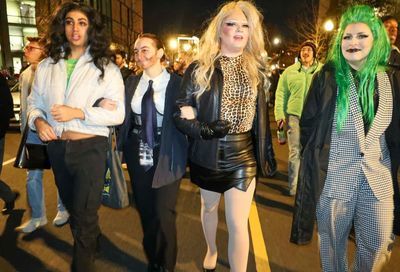Judge grants citizenship to twin sons of Los Angeles gay couple
Federal court finds that the legal children of American citizens are entitled to citizenship, regardless of biological ties

A federal judge in California has ruled that a twin son of a gay married couple has been an American citizen since birth, extending to him the same rights and protections that his biological half-brother already enjoyed.
U.S. District Judge John F. Walter found that the U.S. State Department wrongly denied citizenship to Ethan Dvash-Banks when it found he was not a citizen because his biological father, Elad Dvash-Banks, is an Israeli national.
The twin boys were conceived with donor eggs and carried to term by the same surrogate mother before being born in September 2016, in Ontario, Canada. Each boy was conceived using sperm from a different father, with Andrew Dvash-Banks, an American citizen, fathering Aiden, and Elad fathering Ethan.
Due to the lack of marriage equality in the United States, Andrew and Elad had moved to Canada in 2010 from Israel, where they had met two years earlier. After arriving in Canada, the two were wed in Toronto on Aug. 19, 2010. In January 2017, the couple attempted to move to the United States, and obtain U.S. passports for their sons, who they argued should both be considered citizens because Andrew — who is legally recognized as a father to both boys — is an American citizen.
But officials at the U.S. Consulate in Toronto told the couple they would have to submit to a DNA test to show which man fathered each boy, or else their children would be denied American citizenship. After the Dvash-Banks family provided evidence of DNA testing with their application, the consulate granted Aiden citizenship and a U.S. passport, but denied citizenship to Ethan.
The family moved to Los Angeles, but wanted to remedy the situation. Enlisting the help of Immigration Equality, the Dvash-Bankses sued, arguing that the State Department is discriminating against same-sex binational couples by refusing to acknowledge the marital status of same-sex parents and denying their children citizenship at birth.
In his opinion, Walter found that U.S. law does not require a child to show a biological relationship with their parents if their parents were married at the time of their birth.
“The Court concludes that, under controlling Ninth Circuit authority, Section 301 does not require a person born during their parents’ marriage to demonstrate a biological relationship with both of their married parents,” Walter added. “…Other than the gender of E.J.’s parents, the factual circumstances in Scales and Solis-Espinoza are indistinguishable from the facts in this case. Both Scales and Solis-Espinoza make clear that the word ‘parents’ as used in Section 301(g) is not limited to biological parents and that the presumption of legitimacy that applies when a child is born to married parents — as codified in the [Immigration and Nationality Act] — cannot be rebutted by evidence that the child does not have a biological tie to a U.S. citizen parent.”
In a video message posted to Immigration Equality’s YouTube channel, the Dvash-Banks family expressed their relief at Walter’s decision.
“I am so happy that my son Ethan is being recognized and treated under the law the same as his twin brother Aiden,” Andrew said.
“We are extremely pleased with the outcome,” Elad added, thanking their lawyers and friends and family who supported them during their legal fight. “Justice has won, and we are extremely happy, and hope that Ethan will do great things, and hopefully, maybe, become a U.S. president one day.”
Immigration Equality is currently working on a similar case where a decision is pending involving a lesbian couple who has been trying to get both of their sons recognized as U.S. citizens. In that case, Allison Blixt and Stefania Zaccari are a married couple with two sons born abroad. But the State Department has refused to recognize their son Lucas as an American because his biological mother is Zacarri, an Italian citizen, whereas Blixt is the biological mother of the couple’s other son, Massi.
Support Metro Weekly’s Journalism
These are challenging times for news organizations. And yet it’s crucial we stay active and provide vital resources and information to both our local readers and the world. So won’t you please take a moment and consider supporting Metro Weekly with a membership? For as little as $5 a month, you can help ensure Metro Weekly magazine and MetroWeekly.com remain free, viable resources as we provide the best, most diverse, culturally-resonant LGBTQ coverage in both the D.C. region and around the world. Memberships come with exclusive perks and discounts, your own personal digital delivery of each week’s magazine (and an archive), access to our Member's Lounge when it launches this fall, and exclusive members-only items like Metro Weekly Membership Mugs and Tote Bags! Check out all our membership levels here and please join us today!



























You must be logged in to post a comment.